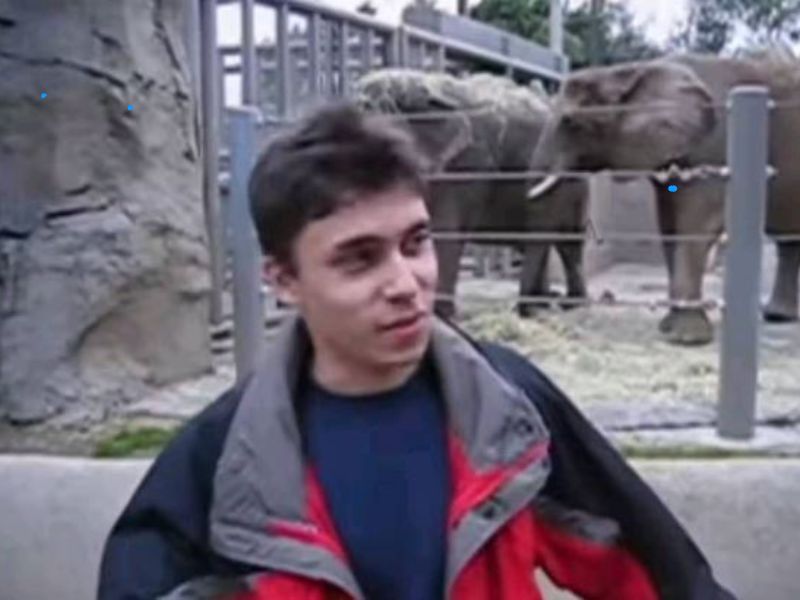On April 23, 2005, YouTube co-founder Jawed Karim uploaded a 19-second video titled “Me at the Zoo,” featuring himself at the San Diego Zoo discussing elephants’ trunks. This simple, unedited clip became the first video on YouTube, marking the inception of a platform that would revolutionize digital media .
“Me at the Zoo” exemplified the platform’s original ethos: providing a space for everyday individuals to share personal moments without the need for professional production. This authenticity resonated with users, setting the stage for YouTube’s evolution into a diverse content hub, encompassing vlogs, tutorials, music videos, and more .
Over the past two decades, YouTube has grown exponentially, with viral hits like “Gangnam Style” and “Baby Shark Dance” achieving billions of views . Despite the platform’s transformation, “Me at the Zoo” remains a symbolic reminder of YouTube’s humble beginnings and its core mission to democratize content creation.
As YouTube celebrates its 20th anniversary, the legacy of “Me at the Zoo” endures, highlighting the profound impact a simple video can have in shaping global digital culture.
Who is Jawed Karim?
Jawed Karim, born on October 28, 1979, in East Germany, is a German-American software engineer and entrepreneur best known as a co-founder of YouTube and the uploader of its first-ever video, “Me at the Zoo.” After immigrating to the U.S. in the early 1990s, Karim studied computer science at the University of Illinois and later earned a master’s from Stanford. Before YouTube, he worked at PayPal, where he met co-founders Steve Chen and Chad Hurley. Although he played a more low-profile role in YouTube’s development, Karim was pivotal in shaping its technical foundation and vision. When Google acquired YouTube in 2006, Karim received stock reportedly worth $64 million. Known for his privacy, he occasionally re-emerges to comment on major platform decisions, such as his public criticism of YouTube’s removal of visible dislike counts in 2021.

